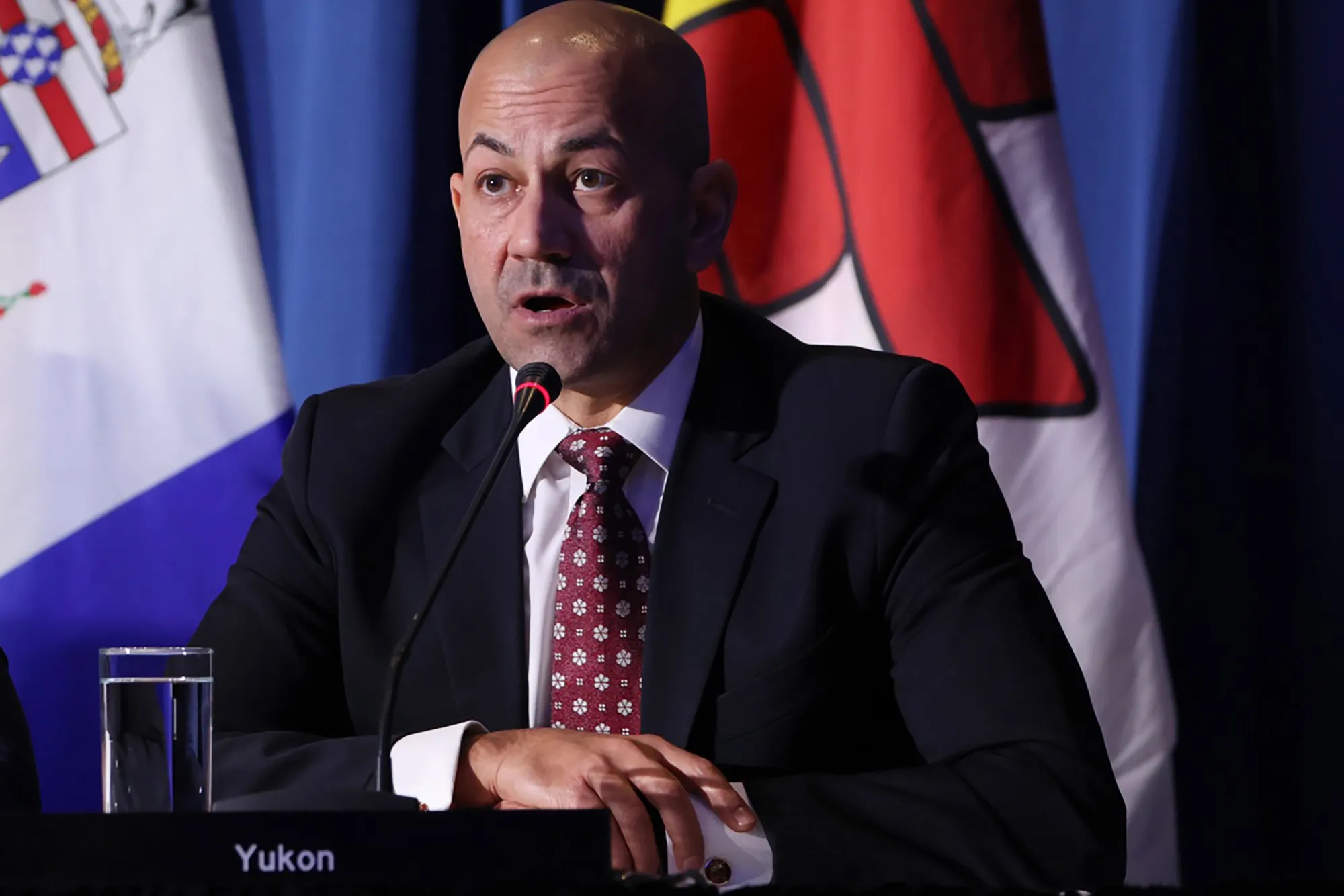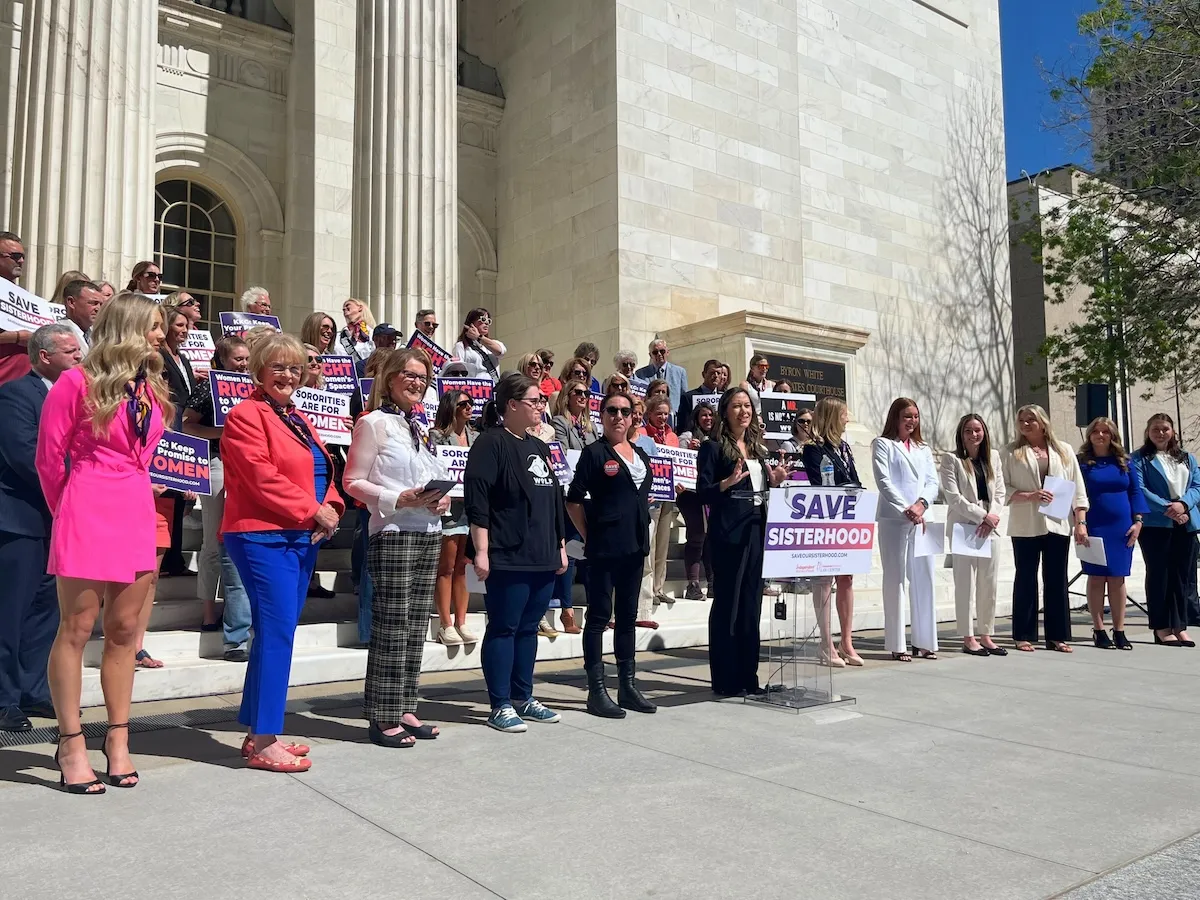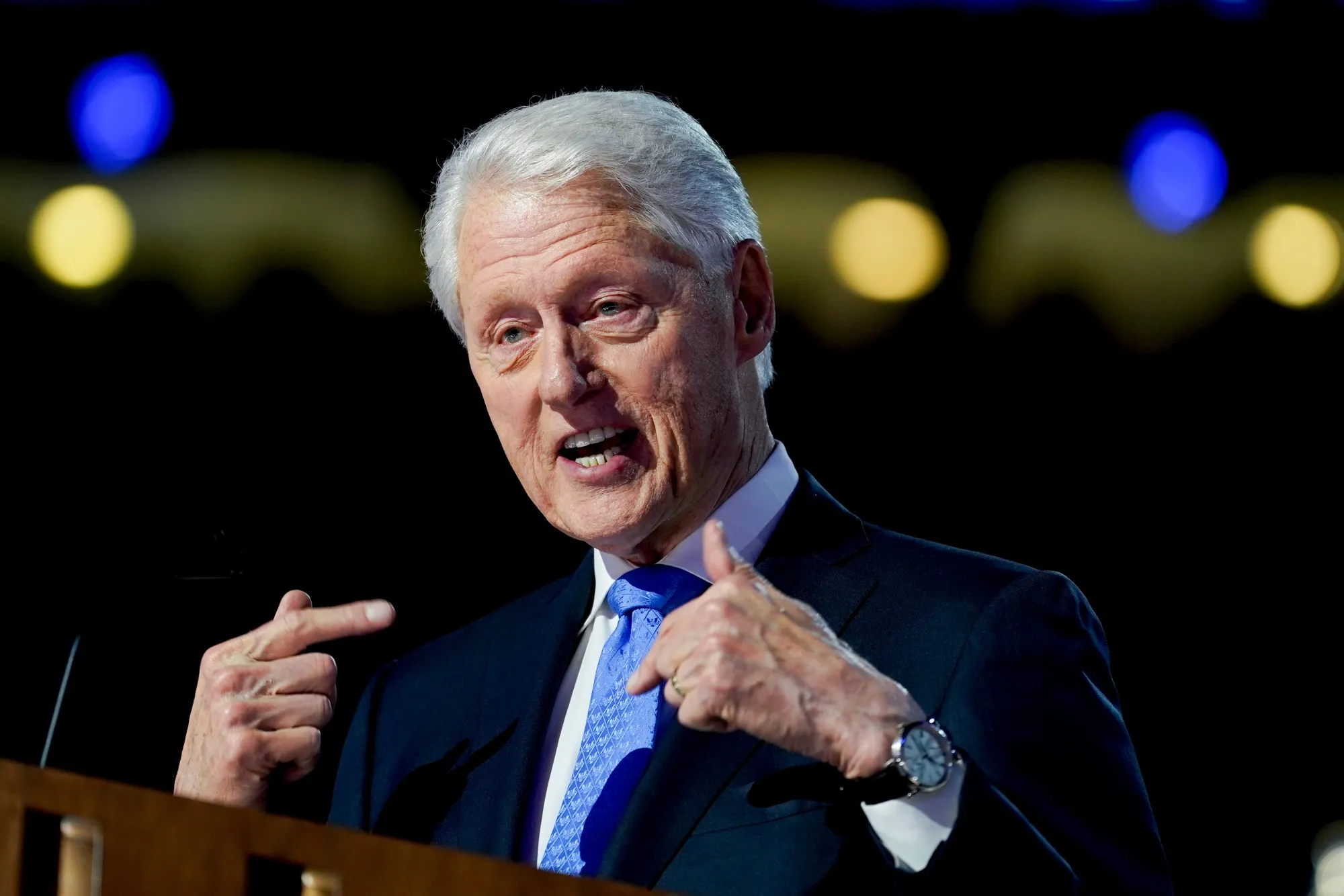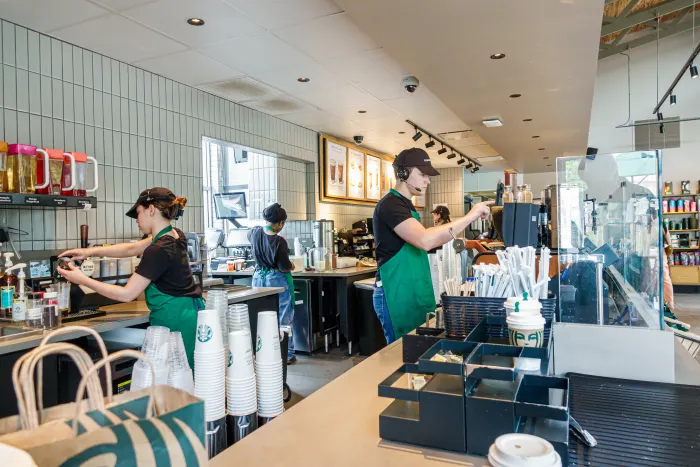Starbucks has unveiled a significant update to its parental leave policy for hourly US employees, aiming to improve employee satisfaction and retention.
Beginning in March 2025, workers averaging 20 hours or more per week will see their paid leave benefits more than double. Birth parents will be eligible for up to 18 weeks of fully paid leave, while non-birth parents can receive up to 12 weeks.
This change represents a substantial upgrade from the prior policy, which provided only six weeks of paid leave and up to 12 weeks unpaid. CEO Brian Niccol stated that the decision stemmed from feedback by employees, referred to as “partners” within the company.
“After hearing from some partners who shared the leave as new parents wasn’t adequate, we reviewed the program and decided we’re making a change,” Niccol shared.
He noted the move places Starbucks ahead of other retailers in parental benefits.
The announcement comes as Starbucks faces challenges in its workforce relations. Since 2021, the company has encountered growing unionization efforts from hourly employees citing concerns over low pay, understaffing, and erratic scheduling. Tensions escalated as Starbucks sought to counter unionization drives, earning criticism from workers and labor advocates.
Retention has become an acute issue, with a 2022 Wall Street Journal report indicating that 25% of baristas left their roles within the first 90 days, a significant rise from pre-pandemic figures of 10%.
In addition to the revised leave policy, Starbucks has set a goal to fill 90% of retail leadership roles internally, offering clearer career pathways for hourly workers. Recently, the company also awarded Bean Stock grants to over 230,000 employees, giving them equity stakes in the company.
The enhanced parental leave policy is part of Niccol’s “Back to Starbucks” strategy, which seeks to solidify the company’s reputation as a top-tier employer in retail. Other aspects of the strategy include streamlining operations to reduce customer wait times, simplifying the menu, and fostering more engaging store environments.
However, Starbucks faces significant financial headwinds. The company’s US comparable store sales dropped by 6% in its fourth-quarter 2024 report, contributing to an overall 3% revenue decline year-over-year. Recent consumer complaints about high menu prices and a boycott related to political affiliations have compounded these challenges.
In response to declining performance, Starbucks has scaled back certain perks, including employee bonuses and pay increases, while doubling down on operational changes to reverse the trend.
The Street and the Independent contributed to this report.









